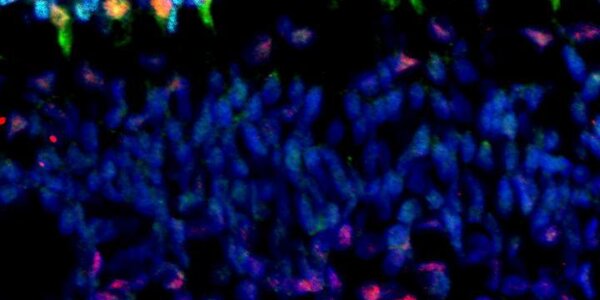Trastuzumab Should Remain Standard Of Care For HER2-Positive Breast Cancer
Analysis of more than 8,000 women who participated in the world's largest study of two treatments for HER2-positive breast cancer reinforces clinical trial findings showing that trastuzumab (Herceptin) should remain the standard of care for this cancer.
The phase III clinical trial, which tested combinations of the two drugs or use of the drugs by themselves — in addition to standard chemotherapy — enrolled 8,381 participants at 946 medical centers in 44 countries. A key finding from ALTTO, released in June, showed that lapatinib, when used in addition to trastuzumab as part of dual therapy,…


